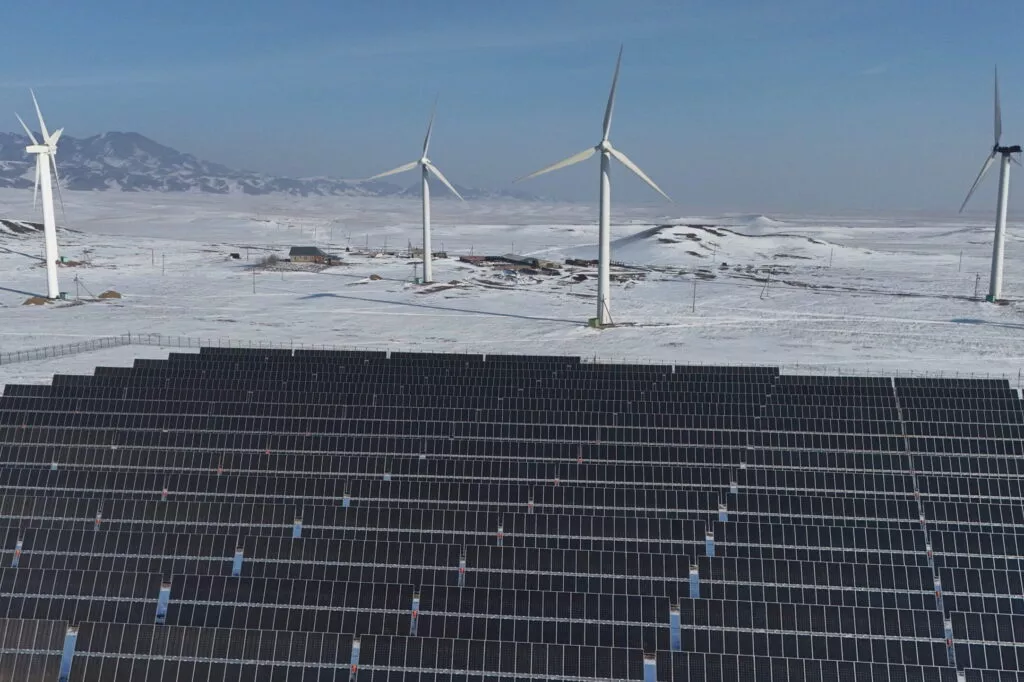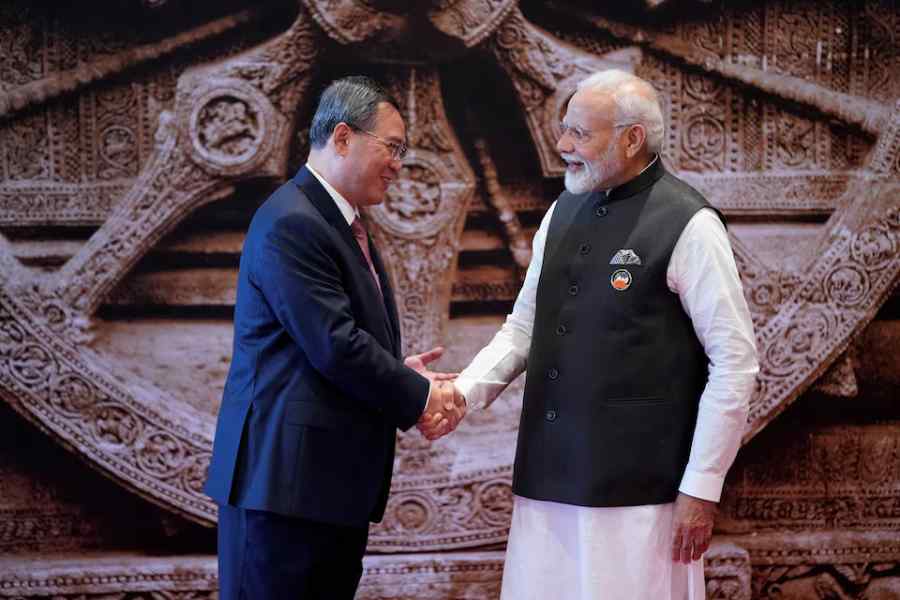With a 100,000-unit Toyota plant, Shanghai hopes to regain its position as China’s top automaker.
Shanghai has taken a big step towards reclaiming the title as the country’s largest vehicle production hub following Toyota Motor’s plan to make cars in the city.
The metropolis, which has been eclipsed by Shenzhen and Guangzhou since 2022 in car production, announced on Wednesday that the Japanese marque would start building pure electric vehicles (EVs) from 2027 at its wholly owned plant in the southwestern Jinshan district.
Toyota’s investment “fully reflects China’s attractiveness to foreign investors”, the Shanghai Commission of Commerce said in a statement. “We will help businesses solve problems and provide efficient and relevant services for most foreign companies to invest and develop in Shanghai.”
The Japanese carmaker said in a separate statement that the plant, with an annual capacity of 100,000 units, would tap the local supply chain, logistics network and talent pool to produce Lexus-branded EVs.
“Shanghai officials have a reason to cheer in drawing Toyota to build cars in the city,” said Gao Shen, an independent analyst. “Automotive is one of the backbone industries of the city’s economy, and Toyota, the world’s top carmaker by production volume, is certainly among the few corporate giants targeted by local officials.”
The Toyota plant is the second fully owned car venture by an overseas company on the mainland, following Tesla’s Gigafactory at Shanghai’s Lingang free-trade zone, which launched production in late 2020.
A total of 26.8 million cars were produced on the mainland last year, an increase of 5 per cent from 2023, according to data from the China Passenger Car Association.
Factories in Shanghai churned out 1.81 million petroleum-powered cars and EVs in 2024, a decrease of 16.2 per cent year on year, according to data from the city’s statistics bureau.
The city’s car output last year was 38 per cent less than Shenzhen’s 2.93 million units, which ranked as the mainland’s largest car production hub for the first time. Shanghai also trailed Chongqing and Guangzhou last year.
Shanghai, which is also home to ventures by General Motors and Volkswagen (VW), was the country’s largest car manufacturing centre until 2021, when production reached 2.83 million, accounting for 10.7 per cent of the national output.
“Shanghai has an advantage over southern cities, as more than half of the country’s car component manufacturers are based in the Yangtze River Delta region,” said Peter Chen, an engineer with car parts maker ZF TRW in Shanghai. “Aside from Tesla’s factory, foreign carmakers’ local ventures have to play catch-up with indigenous rivals in developing electric cars to cater to Chinese drivers’ demands.”
The Yangtze River Delta, which comprises Shanghai and neighbouring Jiangsu, Zhejiang and Anhui provinces, is one of China’s most prosperous regions.
In 2024, carmakers in Shanghai built 1.2 million pure electric and plug-in hybrid vehicles, a decline of 4.8 per cent year on year.
China is the world’s largest automotive market, with sales of pure electric and plug-in hybrids accounting for about 60 per cent of the global total.
Nationwide, the EV penetration rate surpassed 50 per cent in July amid an accelerated pace of electrification on the mainland’s roads.
Shenzhen-based BYD, the world’s largest EV assembler, delivered 4.27 million units last year, an increase of 41.3 per cent year on year. It also leapfrogged VW to become the country’s largest carmaker for both EVs and conventional cars for the first time.













